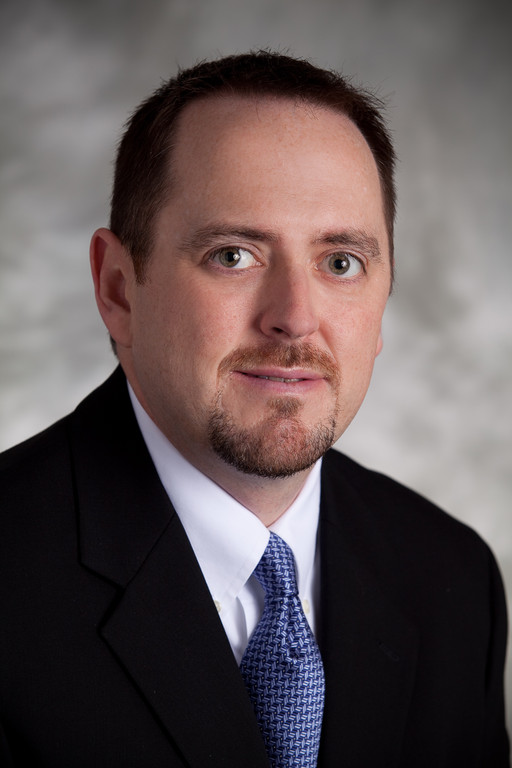
What makes Rhode Island such an attractive place for Right at Home, a franchise operation for in-home companion and personal care services based in Omaha, Neb., to seek to expand here?
Providence Business News asked Eric Little, senior vice president of franchise development, to explain why his fast-growing franchise business in home care has targeted Rhode Island as a place to expand.
The privately held firm had $173 million in revenue in 2010, a 27 percent increase over 2009, and has more than 200 franchises across the United States. Right at Home also operates international franchises in Brazil, the United Kingdom and China.
PBN: You’ve just opened your first franchise in China, yet, at the same time, you’re expanding into the Rhode Island market. Why?
LITTLE: It’s a high density, aging population. In Providence County, there are 86,000 people older than age 65; that represents 13.7 percent of the county’s population, compared to 12.9 percent nationally. Age is a primary driver, but we also look at wealth. If you look at Providence County, the average household income is almost $61,000. We see the region as an opportunity. We have five franchises in the Boston area that have done really well; they’ve done a great job in establishing the brand.
PBN: Where would the franchises be located? How much does a franchise cost?
LITTLE: Initially, one franchise will be in Providence and a second in Cranston, Warwick or West Warwick. The total investment [to purchase a franchise] is between $100,000 and $125,000. Our largest franchise is in Connecticut, in Wethersfield in the Hartford area; it took in $9.4 million in revenue last year. The second largest is near Boston, in Bedford.
It’s a very profitable business, but we’ve found that the catalyst for franchisees is not the profit. It’s a desire to give back to the community. We’d prefer it if one person was to buy both franchises in the two territories now available in Rhode Island.
PBN: Who pays for the services you provide to customers? Is the business model driven by health insurance?
LITTLE: Our services are typically paid for privately. Most of our customers pay us out of their pocket; about 80 percent of families pay that way. Some families with long-term health insurance coverage use that.
Each franchise hires between 50 and a 100 caregivers, all part-time. Our fee-scale is based on the menu of services, depending on the needs of the customer.
Usually, someone contacts us because something has happened: someone fell, or there is a diagnosis of Alzheimer’s or dementia. The first level [of our service] is companionship. We’ll do everything from playing cards, picking up the house, going grocery shopping, running them to the doctor anything that’s not medical. In the Boston area, Right at Home charges approximately $23 per hour for these services.
As mom or dad continues to age, the needs of the client tends to progress. Personal care is the next level, helping people get dressed, helping them take a bath, anything that involves touching of the client. These services are provided by nursing assistants, and they cost more, about $25 per hour.
Right at Home also offers live-in care for those clients who need round the clock care. The charge for these services is about $325 a day.
PBN: Who do you see as your competition, both nationally and locally?
LITTLE: Nationally, there are about 13,000 private home care agencies, with about 4,000 that are franchised. We don’t see anyone with a dominant brand name. We don’t try to identify local competitors.
Currently, in the United States, there are about 300 million people, with 12.9 percent 65 years or older. If you forecast to 2030, there will be twice as many people over the age of 65 than there were in 2008. Physically, there are not enough places, not enough assisted living facilities [to accommodate everyone].
Six months ago, the very first Baby Boomers turned 65. People are living longer, and many prefer to stay at home as long as they can. That’s the funnel of what the opportunity is. We have now more than 200 offices, we anticipate opening another 350 offices.
PBN: Do you offer health insurance to your employees?
LITTLE: Each franchise has the option to offer health insurance on its own. We don’t have a national Right at Home health plan for franchises. For those franchises that offer health insurance coverage, it is usually the full-time staff in the local office that would be covered. All the caregivers are part-time, so they do not receive health insurance.
In Rhode Island, we anticipate that each franchises will hire between 50 and 100 caregivers, all part time.












